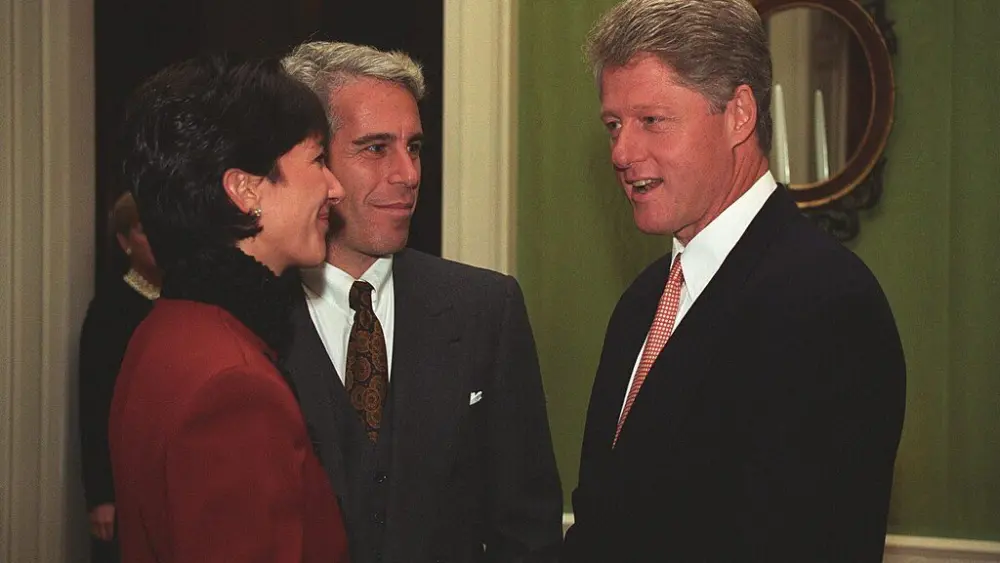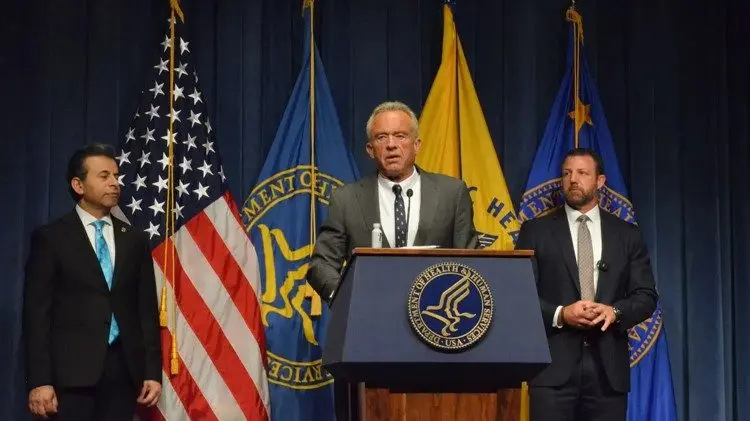(Baltimore, MD) – U.S. District Judge Richard D. Bennett sentenced Frederick Douglass Moorefield, Jr., age 64, Arnold, Maryland, to 18 months in federal prison, six months of home detention, and a $20,000 fine, followed by three years of supervised release, for his involvement in a multi-state dogfighting conspiracy. In addition to the fine, Judge Bennett ordered Moorefield to pay a forfeiture money judgment of $21,576.
Erek L. Barron, U.S. Attorney for the District of Maryland announced the sentence with Acting Special Agent in Charge David Geist of the Federal Bureau of Investigation, Washington Field Office- Criminal and Cyber Division; Special Agent in Charge Charmeka Parker of the U.S. Department of Agriculture Office of Inspector General; Special Agent in Charge Christopher Dillard of the Department of Defense Office of Inspector General; Defense Criminal Investigative Service – Mid-Atlantic Field Office; U.S. Marshal for Maryland Clinton Fuchs; and Anne Arundel County Police Chief Amal E. Awad.
According to the guilty plea, federal agents began investigating Moorefield’s connection to dogfighting after officers from Anne Arundel County Animal Control responded to a report of two dead dogs found in a plastic dog food bag in Annapolis, Maryland in November 2018. Investigators found mail addressed to Moorefield inside the bag and a necropsy determined that the dogs bore wounds and scarring patterns consistent with dogfighting.
Eventually, investigators determined that Moorefield was affiliated with a dogfighting enterprise known as the “DMV Board,” which operated in and around Virginia, Maryland, and Washington, D.C. Numerous other members of the DMV Board have been convicted on dogfighting charges in the Eastern District of Virginia. Moorefield operated under the kennel name “Geehad Kennels” and used his home in Arnold to keep, train, and breed dogs for dogfighting for more than 20 years.
A review of Moorefield’s phone and iCloud account showed numerous message exchanges regarding dogfighting with other members of the DMV Board. In addition to arranging fights and wagers, Moorefield and other members of the DMV Board discussed the breeding and training of fighting dogs, procuring supplies for the maintenance and feeding of fighting dogs, and criminal investigations and prosecutions of dogfighters. Additionally, it was discovered that Moorefield and others discussed the indictments of DMV Board members and speculated about the identity of a “snitch” in the group.
Moorefield’s messages also contained several exchanges arranging, or “hooking,” dogfights. In these conversations, Moorefield would “call out a weight” by identifying the weight and sex of the dog he wanted to sponsor in the fight. Other dogfighters would then propose a fight against their own dogs or match Moorefield with another contact who had a dog in the same weight class. The dogfighters then agreed on wagers and set a date for the fight, usually six to eight weeks after the match was made. In addition to stating the amount to be paid to the winner of the fight, dogfighters agreed on forfeit, or “fit” payments, to be made if a dogfighter backed out of the fight prior to the scheduled date.
After hooking a fight, Moorefield trained his dogs in a process known as a “keep.” Moorefield’s typical keep schedule for a dog involved physical training (using treadmills, weighted collars, and other accessories), a diet plan, and the use of steroids. Moorefield obtained steroids and other veterinary drugs through various contacts in his dogfighting network instead of through legitimate veterinary prescriptions.
When Moorefield sponsored a dog in a fight, the fight ended only when a dog died or when the owner forfeited the match—either through the dog “quitting” the fight or the owner “picking up” the dog. If one of Moorefield’s dogs lost a fight, but did not die, Moorefield killed the dog. One method Moorefield used to kill the dogs was utilizing a device that consisted of jumper cables connected directly to an ordinary plug. Moorefield plugged the device into a wall socket and attached the cables to the dog, electrocuting it.
Between January 2019 and October 2023, Moorefield sent and received monetary payments related to dogfighting through CashApp. Sometimes, transactions were given misleading labels to disguise the true nature of the transferred money. For example, in 2022, Moorefield received a $1,000 transaction labeled as a “housewarming gift” from a known dogfighter. It was determined that Moorefield has lived at the same address for over two decades.
On September 6, 2023, agents searched Moorefield’s residence, recovering five pit-bull-type dogs from large metal cages in a windowless room in the basement. Additionally, agents found several containers of animal medication, dog food, and protein powder in the same room, in addition to the jumper-cable device Moorefield used to kill dog. Law enforcement also seized a large folded-up, blood-stained piece of carpet from a shed on the property. Moorefield used the carpet as the floor of an arena to stage dogfights or “rolls” (brief test fights between dogs to evaluate the dogs’ fighting ability).
When interviewed by agents, Moorefield stated that he had only obtained four of the five dogs found on the property within the past week. The fifth dog, which Moorefield did not obtain within the past week, exhibited calloused skin, an old injury, and fleas. As a result, the dog was humanely euthanized after exhibiting extreme aggression toward both human caretakers and other dogs. Moorefield bred and/or trained all five dogs recovered from his property for the purposes of sponsoring them in dogfights.
At the time Moorefield was charged in this case, he was the Deputy Chief Information Officer for Command, Control, and Communications for the Office of the Secretary of Defense.
U.S. Attorney Barron commended the FBI, the U.S. Department of Agriculture – Office of the Inspector General, the Defense Criminal Investigative Service, the U.S. Marshals Service, the Anne Arundel County Police Department, Anne Arundel County Animal Control, and the U.S. Attorney’s Office for the Eastern District of Virginia for their valuable assistance in the investigation. Mr. Barron also thanked Assistant U.S. Attorney Alexander Levin who prosecuted the federal case.
For more information on the Maryland U.S. Attorney’s Office, its priorities, and resources available to help the community, please visit www.justice.gov/usao-md and https://www.justice.gov/usao-md/community-outreach.





